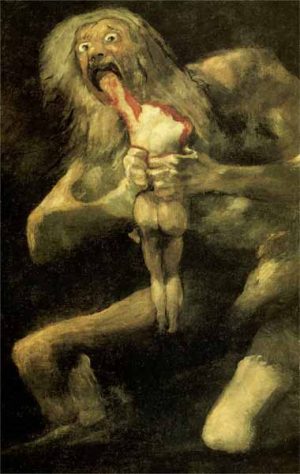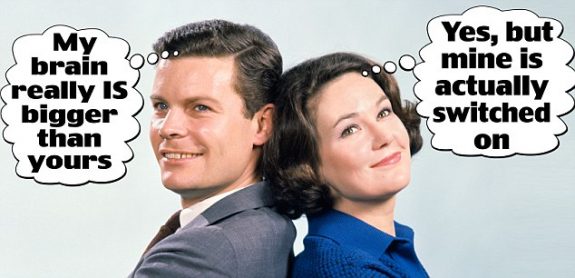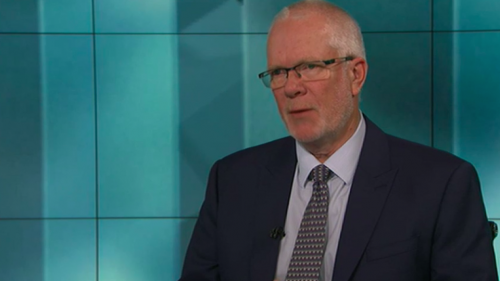To Hope or not to Hope

For a wedding gift, Zeus gave Pandora (Allgifts, in english) an urn which contained all the ills that face humanity. Sickness and death and pain and hate and suchlike destructive things.
The urn, which was made of the same clay from which Pandora was made (there’s poignancy in this observation) was sealed and the instructions for use, to her and her husband, Epimetheus (Prometheus’ little brother) included that it never be opened.
It was a divine wooden horse. Zeus knew that Pandora would not be able to resist the force of her curiosity and she’d lift open the lid.
Zeus, you see, had a grudge against Prometheus because he, Prometheus had made man andinstilled in him the dignity and self confidence not to bow in abeyance to Zeus nor to any of the other gods.
Prometheus’ man needed no gods!
An anathema!
(Of course we’ve strayed badly from that since then but…)
So Zeus – it’s too long a story to relate it here in full so please forgive the shameful contraction- wanting to destroy Prometheus’ creature he devised this very cunning, Odyssean plan: Make a woman (with the help of Hephaitus) instil in her the trait of curiosity, put all the ills in an urn and give it to her as a gift, much like the Danaans gave the gift of the wooden horse to the Trojans. No wonder Virgil feared the Greeks. “Timeo danaos et dona ferentes,” he said with a tremor in his voice.
Zeus’s plan worked. Pandora, unable to contain her curiosity lifted the lid of the urn to see what was inside. Within seconds she realised what it was and she immediately put the lid back on. Too late though. All the ills have flown out and they pester us to this day.
All except Hope.
Hope? Is that an ill? Surely not. “Hope springs eternal in the human breast” to quote the poet, Alexander Pope. It can’t be an ill. Surely only good things spring eternal in our breast.
An ill or a good?
Hope makes its possessor compliant. Give them enough hope and they’ll lick your boots. Give them enough hope and they won’t start a revolution. Give them enough hope and they’ll make you head of the revolution.
And then, of course, there is this: something based on hope is something on instinct and not on fact. It’s unreliable and liable to bring about an ill.
“Be a good boy or girl and do as god says (“god,” a deceptive substitution of the word “I”) and when you’ll die, you’ll end up in Paradise.”
Things that are based in facts are not hopes but expectations. Valid expectations.
Yes, those wonderfully plucky, brave, conscience-packed hearts and minds, those kids with the vibrant awareness and ardent concern for the future of the planet upon which totally depends their own future and the future of the generations to come, will vote soon.
And they will vote against politicians who waste time with tricky, conniving and smartarsey moves to suit their own, selfish agendas, instead of legislating with an honest, genuine wish to do the right thing.
Those students who’ve marched in their thousands are with David Attenborough who recently warned us that,
“The world’s people have spoken. Time is running out. They want you, the decision-makers, to act now. Leaders of the world, you must lead. The continuation of civilisations and the natural world upon which we depend is in your hands.”
With whom are our politicians?
And so, for whom will these students vote? Where do they direct their hope? And what sort of hope is it?
The ALP, through Tanya Plibersek, Bill Shorten, Penny Wong and others hold no genuine attraction for these wise young people. These pseudo-Lefties will do nothing about anything relating to the environment, including about the very emblem of climatic catastrophe, the Adani coal mine. They will, of course, these pseudo-Lefties, incessantly fill our ears with mellifluous rhetoric and insulting, vacuous excuses why it is that they can do nothing: “Adani is not that bad for the environment,” Bill Shorten was heard saying.
Or “the market will take care of it! We are not responsible for the market’s behaviour. Nor are we responsible for the Great Barrier Reef. Or the inmates on Nauru and Manus. We can sleep easy.” (Paraphrasing Plibersek and others, in unison with the LNP).
But the “market” is no longer the ancient Greek agora which took good care of sardines and olives and figs and walnuts and chickens and eggs and wine and garrulous gossip.
The “market” now is Wall St. and Fleet St and a whole lot of other “Streets” where the only thing that happens is the syphoning of the value of everything and the bloating of egos and of wallets -fewer by the day- and the proliferation of crimes.
The market will take care of it, says the ALP, which, to my eyes at least it is the clearest indication yet that when it comes to legislative responsibility on issues of significance, these two major parties are of the same view: abrogate it (their responsibility) to the market, a market that is now not only free and unfettered in any way but one that has gone totally wild and gluttonous.
Don’t interfere with the market.
Make your job a well paid sinecure.
So, they, too, these pseudo Lefties, will sell us oblivion as if it were a newly baked loaf of bread.
Put all their words together, all the words of the ALP, add up all their syllables and look at their sum worth. I mean that number there, beneath the bottom line. How different is that number to the number beneath the syllables uttered by Minister for Resources Canavan and Prime Minister, Morrison: (to paraphrase them) “These students should be at school learning about science… and not protesting… or they’ll be joining the dole queues!”
What they mean, of course, is for the students to stay in class where they can learn science, all the science that is, except that which has to do with the climate and with the survival of our planet, and (Morrison) how “not to argue with their teacher,” who, in his mind is also their master, their ruler, their god, their Zeus!”
I was waiting to hear the Sunday school mantra, “Children should be seen but not heard.” I feel short-changed!
Just another mode of Tony Abbott’s (erstwhile PM of Australia but constant ruler of the LNP and his cluster of political conspirators): “women should stay home and do the ironing” or Trump’s (to journalist Jim Acosta) “Let me run the country, you run CNN.” Or, on climate change: “I’m not going to put the country out of business. When you look at China, they have not-good air that comes over to the U.S.
“People don’t want to talk about it. we’re not going to spend trillions and make it good for others but not (us).”
I weep!
Reminds one of Galileo Galileii and his troubles with the High Ignoranti of the Catholic Church on the issue of where in the universe this planet swirls and spins; and of a whole lot more people, of course, past and present who had the conscience-packed heart, the vital awareness and theindissolublepluck and drive, to contradict their teachers, their masters, their Zeus.
Dismissiveness: it is the first requisite of an authoritarian government, the first requisite of a bully.
What do we do with Hope?
Do we let these glowing gems of humanity, these explorers of the moral compass, have some hope or do we, instead, give them something – some “thing” some deed, some factual, some palpable thing, something that can teach the Canavans and the Morrisons and the Shortens and the Pliberseks and the Trumps of this planet about the quintessence of science, the quintessence of life?
Pandora is confused. The poor woman is wondering what to do with that little thing wildly flapping inside her urn.
No one stands on the “high moral ground” anymore because morality itself has been trashed a long time ago.
And just as McBeth has killed Sleep, so have the long line of Ministers and Prime Ministers in this country and in many other countries have killed morality.
Or have deformed it.
Just a few days ago, a fairly decent journo – “decent in ethical journalism and decent also in dress” was refused entry into our Parliament because – Zeus forefend!
Patricia Karvelas dared to bare too much arm flesh!
Refusing the baring of arms in Parliament is a new lifting of the bar of morality. Or a new lowering.


















